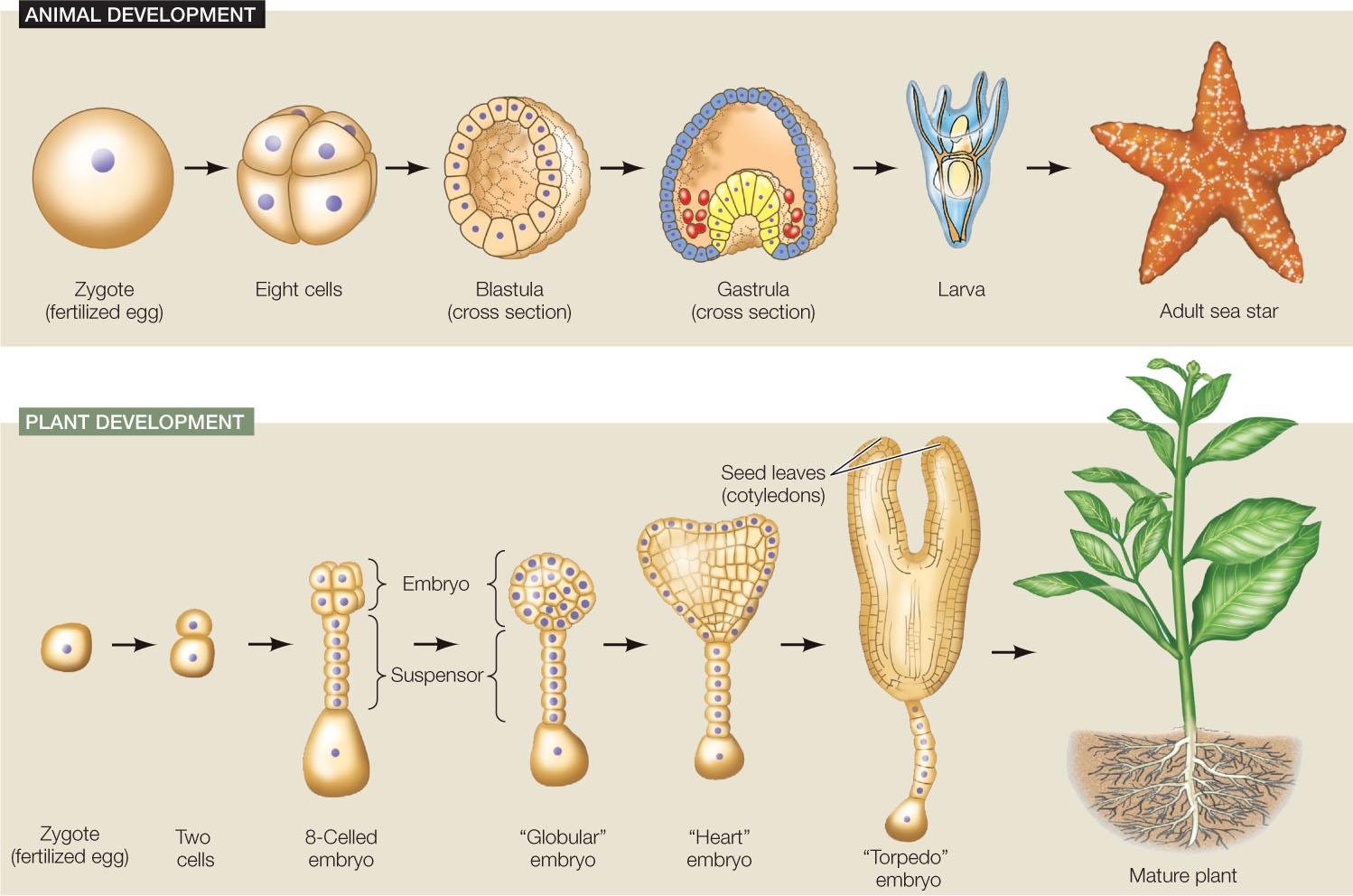In every walk with nature one receives far more than he seeks – John Muir
In this blogpost I will try to give a definition of the term “nature” and describe my realationship with the abstract concept wich “nature” means to me. So what am I talking about when I’m talking about nature?
Soper (1995) gives a definition that I would consider in line with the general perception: “nature refers to everything which is not human and distinguished from the work of humanity (…)(and) nature is the idea through which we conceptualize what is “other” to ourselves”. This view, classified by a perceived separateness between humanity and nature is one I can’t agree upon. To me, nature is everything there is, was and ever will be. Animals, plants and bacteria. Mountains, lakes, rocks, rivers and the sea. As Ingber (1998) states: “After all, both organic and inorganic matter are made of the same building blocks: atoms of carbon, hydrogen, oxygen, nitrogen and phosphorus. The only difference is how the atoms are arranged in three-dimensional space.”
It is all interconnected. We as humans – or I’d rather describe us as really smart animals – are blessed to be able to experience this vast one-ness consciously. We (and all life for that matter) are a method of the universe to experience itself.


Life taking over – Left: Old cabin with moss and a young birch tree growing on its roof. Right: Mushrooms growing on a dead tree stump
Life is the ultimate example of complexity at work. An organism evolves out of and functions as a unit connected by extreme complex interactions between different components. These components in turn are themselves made up of smaller molecular components. These molecules function independently, for example by catalyzing chemical reactions. Being combined into a larger function unit amazing properties emerge including the ability to move, to change shape and to grow (Ingber, 1998). In the image below you can see the stunning similarieties between animal and plant development and how life evolves from simple to more and more complex forms.

https://www.macmillanhighered.com/BrainHoney/Resource/6716/digital_first_content/trunk/test/hillis2e/hillis2e_ch14_2.html on 30.10.2019
Being aware of this incredible complexity and knowing that everything is made up of the same building blocks makes me realize that I am one with nature. In my previous blogpost I describe this feeling of interconnectedness and oneness which I get when I find myself in free nature. Free nature means to me an environment that is left in its original state and mostly unchanged by human interference. For instance, towns and cities usually have an exclusively human atmosphere (where the humans are separated from the natural environment) – these exclusively human environments make it hard for me to feel the oneness I am describing above.
Although not common in modern westernized societies, there are many people in the world sharing the same view. For instance, the Buddhist concept of dependent origination holds that nothing originates or exists independently of anything else, and thus that all things we perceive as distinct are not ultimately separate from one another (Laumakis 2008).
Studying friluftsliv here in Sogndal I also came across the deep ecology philosophy. With this philosophy I can deeply sympathize. The founder of this philosophy, Arne Naess, states that all life on earth has value in itself and the right to flourish, independent of its usefulness for humanity. The richness and diversity of the biosphere therefore needs to be protected and human interference should only occur to satisfy vital needs. Humans should focus more on the quality rather than the standard of living. (Naess, 1973)
„When all the trees have been cut down, when all the animals have been hunted, when all the waters are polluted, when all the air is unsafe to breathe, only then will you discover you cannot eat money.“ Cree proverb.
Living in and taking part in a society that predominantly views nature as something separate from themselves that can be depleted for ones personal convenience goes against everything I feel for nature and makes me feel alienated. This is in complete contrast to the connectedness I feel in free nature. For instance, after I got back home to Germany from a long time of traveling and a lot of time spent in free nature, I got depressed because I felt I had somehow “lost” this connectedness by not having access to unspoiled nature. And here in Norway this deep feeling of oneness and connectedness has come back and my awareness of me being a part of nature and nature being part of me has intensified. I have said it before and I am saying it again: I am grateful to be here, to deepen my bond with nature and by this finding back to myself.

References
Ingber, Donald E. (1998). The Architecture of Life. Scientific American, 1-1998, 48 – 57
Laumakis, Stephen J. (2008).An introduction to Buddhist philosophy. New York: Cambridge University Press
macmillanhighered.com (online image): from https://www.macmillanhighered.com/BrainHoney/Resource/6716/digital_first_content/trunk/test/hillis2e/hillis2e_ch14_2.html on 30.10.2019
Naess, Arne (1973). The shallow and the deep, long‐range ecology movement. A summary, Inquiry, 16:1-4, 95-100
Soper, Kate (1995). The Discourses of Nature. In K. Soper, What is Nature? (pp. 15 – 36). Oxford: Blackwell.
